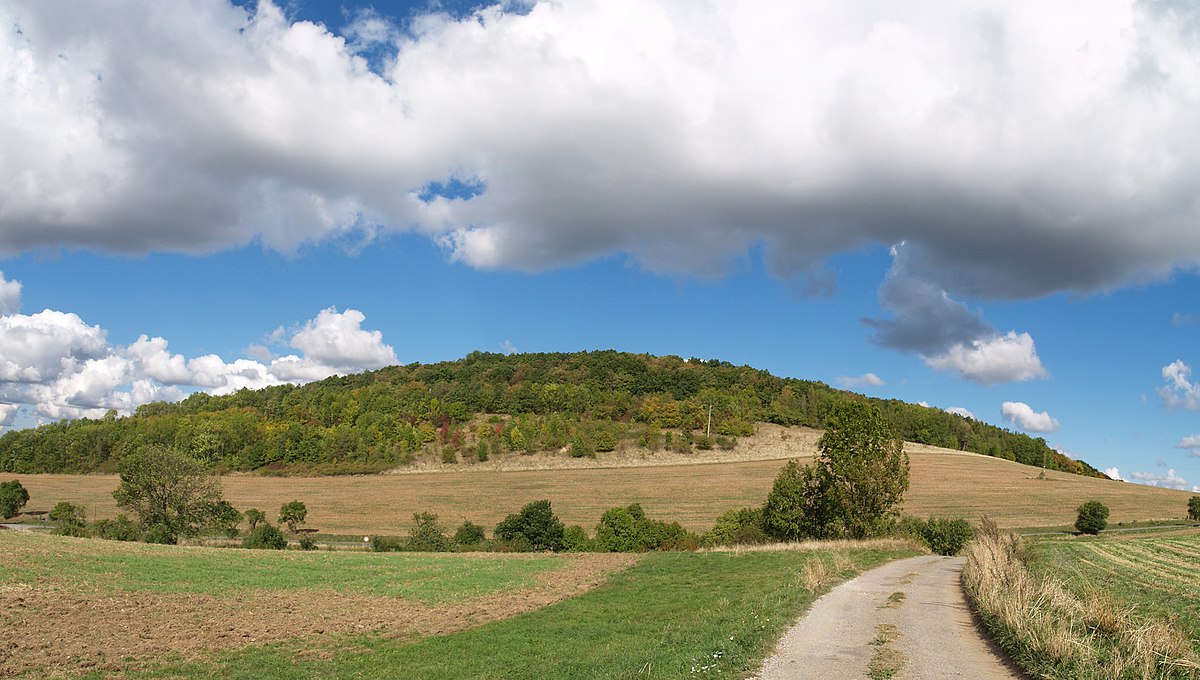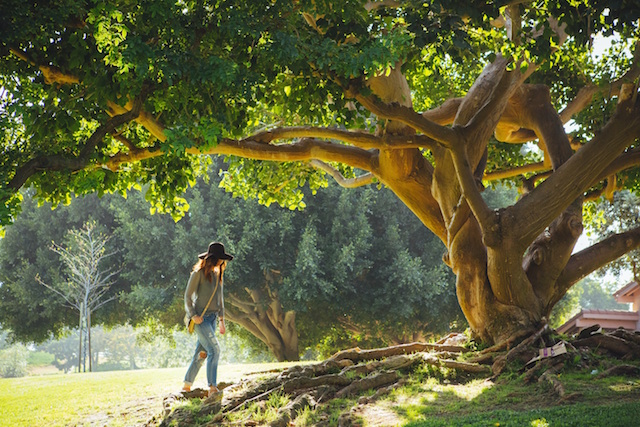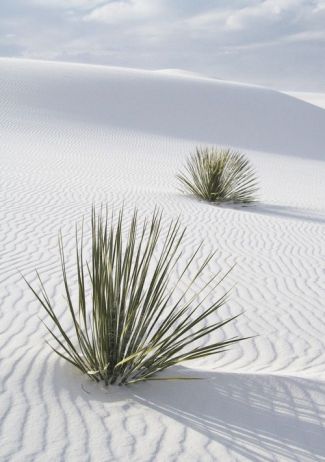
Walking to Philip’s downhill in the rain / A bird embryo on the sidewalk / Zazen organizes events around itself / Like opening or closing a green umbrella. ~ Miriam Sagan
It was one of those mornings when both love and work had put me into a bad mood in record time. I’d taken the bait and couldn’t shake my anger and frustration. On top of that, the robins had been tearing up the garden all morning for worms and the spinach sprouts were suffering for it. All that work, for what? Attachments.
The only good solution, after a couple of hours of hacking away at the confusion (because that doesn’t work anyway) was to take a walk. I grabbed my phone, downloaded a Dharma podcast from Upaya Zen Center and put on my shoes. The morning was beautiful and I knew that walking down quiet, fragrant streets would probably cheer me up. I had planned a longer walk than usual, about four miles, a winding downhill, then a long uphill back home to wear out the resistance. All this would certainly help me sit out the rest of the afternoon in front of the computer. It’s one of the tricks of working from home, and of being a writer, walking. It can clear the mind. I hit play and began listening to a podcast about faith.
Down the first steep hill and a crow shot out of a holly tree with robin parents shrieking. I knew what was going on. The crow had grabbed a fledgling and was going to sit there and tear it apart alive. I’d seen this happen once before and it isn’t something you easily forget. Watching an infant be torn up and eaten – any infant – is traumatizing. It’s even harder I think when you’re a mother of children yourself.
I crossed the street because the crow had decided to eat its lunch under a large cedar, the driest place on the block. When it saw me coming it jumped and flew, leaving the baby on the ground. Afraid it was hurt and bleeding, I approached slowly, for my own sake. But the baby was still perfect. It was so delicate it was hard to pick up. The dust came into my hand along with its tiny body. The eyes were huge and closed, blue through its fragile skin. Its body was hot and its heart was beating very hard. Without thinking, my hand closed over the small pin feathers and I held it to my heart.
Within a few seconds our hearts were synced. There was a momentary gap where nothing happened, a gap between thought and action that contained only those heartbeats. I became a mother again in that moment. The mother of a tiny baby. Is there any greater love than to hold a new baby next to your own heart?
The next task was to find the nest and return the baby to its parents. But the the nest was out of my reach. What to do? Leave the baby? No. Go back to my walk? No. Find help? Yes. I brought the child home, put it in my lap, took the photo above, and went online. And then I realized I have a ladder.
The rest was easy. The infant is back in its nest, the parents attentive again (perhaps). And all that love? It’s cleared my mind and heart for a good while. Every day is a gift.








